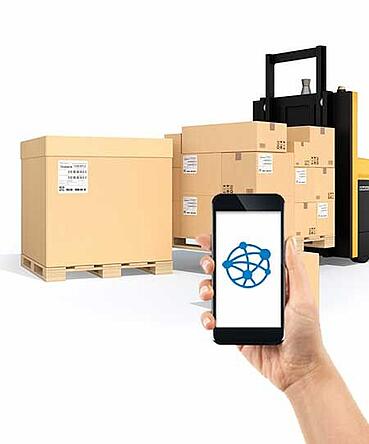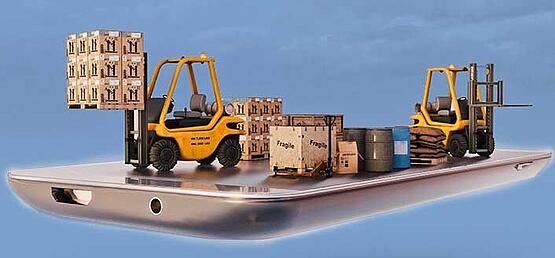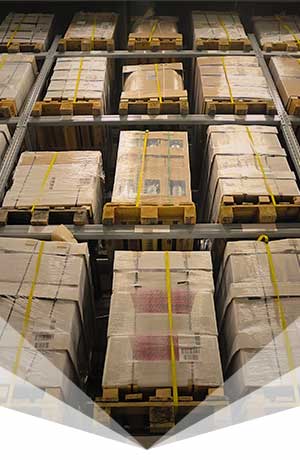When compared to flashier innovations made possible by the Internet of Things (IoT), such as driverless cars and smart cities, an IoT-enabled shipping pallet can seem mundane. However, the smart technologies and sensors powered by wireless networks have the potential to save billions of dollars per year in supply chain costs when implemented on a global scale.
According to Packing Revolution, there are approximately 10 billion shipping pallets currently in use worldwide. By implementing IoT tracking and developing a platform to analyze shipping data, connected pallets could greatly increase supply chain efficiency and prevent inventory loss. As these benefits become more widely known, spending on track-and-trace IoT is expected to grow by 24.2% from 2017 to 2023, according to a report from Forrester.
Bridging the Data Gap to Prevent Loss and Theft
Cargo loss and shipping delays are two of the biggest challenges facing supply chain operators. According to Loss Prevention Magazine, cargo theft can cost businesses as much as $30 billion in the United States annually, with the most recent Sensormatic Global Shrink Index determining that inventory shrinkage cost retailers nearly $100 billion worldwide in 2017. These heavy costs are the result of inaccurate location data, a lack of real-time updates, and large gaps in supply chain information.
To close these information gaps and provide better supply chain oversight, RM2 has developed a connected shipping pallet that uses low-power wide-area (LPWA) wireless networking and is built with sustainable materials. With IoT connectivity, supply chain managers can track shipping pallets as they move from one location to another, dramatically reducing the risk of loss and the costs associated with locating or replacing missing pallets. With real-time data being uploaded to a cloud-based platform, managers can benefit from a complete picture of how their inventory moves through the supply chain and develop data-driven solutions to increase efficiency.
Making Pallets Sustainable Through IoT
The value of a shipping pallet is related to how many times it can be used. According to Associated Pallets, the average wooden pallet has a life cycle of about three years and requires numerous repairs over the course of its life. While it is relatively inexpensive to manufacture wooden shipping pallets, their short lifespans decrease their overall value and raise environmental impact concerns. As a result, some advocates are pushing for more durable pallets made of composite materials, but higher upfront production costs and the risk of pallet loss have prevented widespread adoption of more sustainable shipping pallets.
With the advent of IoT, however, sustainable pallets are more feasible. Since connected pallets are easier to track and recover, they can use more durable materials that weigh less and have lower profiles than traditional wooden pallets. These benefits allow companies to reduce fuel consumption, decrease wood waste, and reduce the average number of pallets that are lost or broken each trip.
Oversee Your Supply Chain with Aeris IoT
Connected shipping pallets empower businesses to maintain oversight of inventory, prevent loss, and obtain new data from segments of the supply chain that were previously invisible. These robust benefits from IoT are poised to significantly reduce supply chain costs and enable more sustainable practices in supply chain logistics.
At Aeris, we provide future-proven connectivity solutions for supply chain managers looking to take full advantage of IoT innovation. The Aeris Connectivity Platform improves visibility into deployments, lowers the complexity level of a deployment, and reduces the manpower needed for overall connectivity management. With these powerful tools at managers disposal, supply chain operations are more efficient and cost-effective than ever before.
To learn more about how IoT can innovate your supply chain, contact Aeris today.


